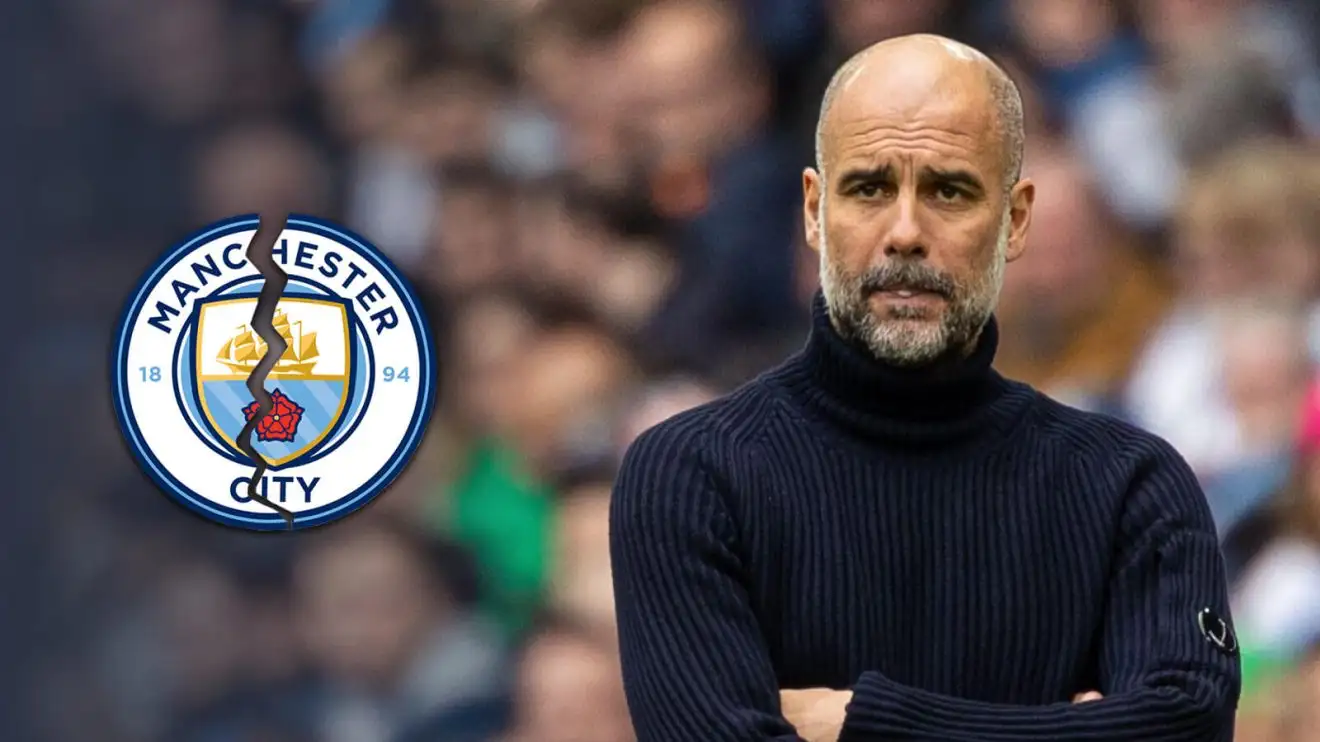
The Brazilian Football Association (CBF) is making headlines with its ambitious pursuit of a world-renowned coaching figure after reportedly being turned down by Real Madrid’s Carlo Ancelotti. The new target on their radar? None other than Pep Guardiola, the legendary former Barcelona coach and current Manchester City manager. The potential move is seen as a significant gamble with the promise of reinvigorating the Seleção, whose recent international performances have fallen short of expectations.
The CBF’s interest in Guardiola isn’t a new revelation. As one of football’s most innovative minds, Guardiola has built a reputation that spans some of the world’s elite clubs, including Barcelona, Bayern Munich, and Manchester City. His meticulous approach to tactics, ability to maximize the talents of individual players, and dedication to a collective team ethos have made him a highly sought-after manager across Europe. For the Brazilian FA, bringing him into the fold is more than just a managerial appointment; it’s a strategic masterstroke aimed at reigniting the country’s dominance on the world stage.
Guardiola’s availability becomes a tantalizing possibility due to the timing of his contract with Manchester City, which is slated to end in 2025. This timeline presents a unique window of opportunity for Brazil to engage him in what could be one of the most transformative chapters in the national team’s history. The prospect of Guardiola leading the five-time World Cup winners, known for their skillful, attacking football, has already ignited excitement and debate among fans and pundits alike.
If he does accept, Guardiola would be taking on a challenge that is as compelling as it is daunting. The Brazilian national team, for all its historical glory, has struggled to meet modern expectations in recent World Cups. While they continue to produce world-class talent, inconsistency and a failure to adapt to evolving tactical demands in international football have hampered their ability to lift trophies. Guardiola’s pedigree as a tactician could inject a much-needed dose of structure and discipline into Brazil’s naturally expressive and creative style. His potential impact extends beyond mere game management; he could oversee a cultural shift in Brazilian football, blending flair and finesse with high-pressing and positional discipline.
The potential impact on players would be immense. Under Guardiola, talents like Neymar, Vinícius Júnior, Rodrygo, and other emerging stars could flourish in a system that demands excellence and precision at every level. Young prospects would benefit from the kind of development Guardiola is renowned for, with an emphasis on tactical intelligence and adaptability. For Brazil, which is desperate to reclaim its status as the pinnacle of international football, Guardiola’s influence could provide a generational shift that fans have long desired.
Of course, there are considerable obstacles to securing Guardiola’s signature. The Spaniard’s commitment to Manchester City remains strong; he has built the Premier League club into one of Europe’s most dominant forces. With multiple league titles, domestic cups, and a UEFA Champions League trophy under his belt with City, his ties to the club and its ambitious project cannot be easily dismissed. Furthermore, the lifestyle change and different demands of international management could deter Guardiola, who thrives on the day-to-day immersion that club football offers.
However, the CBF’s overtures to Guardiola demonstrate the federation’s willingness to think big and pursue bold initiatives to restore Brazil’s international prominence. In many ways, it’s a move that aligns with the country’s footballing tradition of passion, spectacle, and a relentless drive to be the best. If Guardiola were to accept, it would signal a paradigm shift in how Brazil approaches the beautiful game, potentially blending European-style pragmatism with Brazilian panache.
The ripple effects of such a move would not be limited to Brazil. Guardiola’s involvement in international football could reshape how national teams around the world think about coaching appointments and tactical strategies. The transition from club to country would be a fascinating test of his methods and adaptability, challenging him to achieve cohesion and excellence without the week-in, week-out control of club management. It would also offer a rare chance to see how his philosophy fares in a compressed, high-pressure environment like the World Cup or Copa América.
At its heart, the CBF’s pursuit of Guardiola is about ambition and vision. In their eyes, Guardiola isn’t just a manager; he’s a symbol of what Brazilian football can be again — dynamic, innovative, and unstoppable. Whether or not he ultimately dons the green and yellow tracksuit, the conversation around his potential appointment underscores the continued allure of the Brazilian national team and its enduring quest for greatness on the world stage.
Should Guardiola make the leap, it would mark not only a seismic shift for Brazil but a pivotal chapter in his own storied career. The stakes are enormous, the challenges vast, but for a manager who has built a career on redefining what’s possible, it might just be the perfect fit. Until then, the footballing world waits with bated breath to see if one of the game’s greatest minds will take on one of its greatest challenges.
Leave a Reply